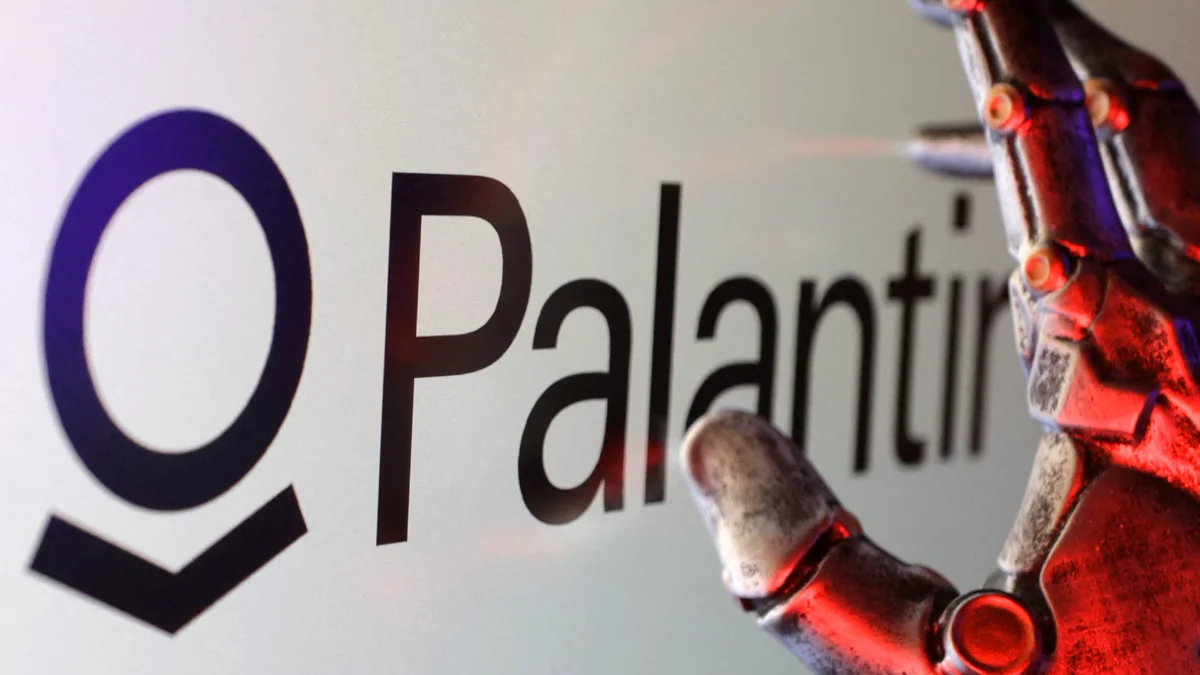Necessary Always Active
Necessary cookies are required to enable the basic features of this site, such as providing secure log-in or adjusting your consent preferences. These cookies do not store any personally identifiable data.
|
||||||
|
||||||
|
||||||
|

Palantir has entered a significant AI partnership with a nuclear energy firm to develop an advanced AI-powered platform that will support the construction of nuclear reactors. This new system, called the Nuclear Operating System (NOS), is designed to speed up construction, reduce costs, and improve efficiency using advanced technology, as reported by Yahoo Finance.
Nuclear energy is gaining momentum again, especially as it is seen as cleaner and more reliable than other renewable sources. The software partnership by the company reflects how the company is expanding its role in critical infrastructure by using artificial intelligence to modernize energy production.
This AI partnership will develop NOS, a new software system that will guide and improve every stage of nuclear plant construction. This AI-powered platform will help manage complex schedules, monitor safety standards, and streamline supply chains. Built on Palantir’s Foundry platform, it aims to reduce common issues like delays and rising costs that often affect large-scale nuclear projects.
By analyzing real-time data from the construction site, the software will help in identifying problems early and recommend solutions quickly. It will also help teams in following government rules by automatically checking regulatory documents. This is a part of a larger effort to create AI-powered defense solutions and critical infrastructure tools that can adapt to national needs.
The nuclear company will invest around $100 million over five years to develop a system with Palantir. Both companies believe this partnership can transform how nuclear plants are built in the U.S., making the process more predictable and less expensive.
One Palantir leader called it a breakthrough, saying, “This is the first time Palantir’s software will support the future of nuclear energy infrastructure.” This shows the growing importance of Palantir’s defense software in building advanced and secure systems for the future.
Palantir’s government software project comes at a time when the U.S. government is actively supporting nuclear energy. In May, executive orders were signed to reduce regulations and speed up approval processes for the new nuclear plants. These changes are meant to help the country meet the growing electricity demand, especially from AI data centers and crypto mining operations.
Recent tax and spending bills have rolled back some green energy subsidies but continued to support nuclear power with tax credits. This has given nuclear energy a financial advantage and helped encourage private investments, such as Palantir’s software partnership.
Electricity demand in the U.S. is expected to reach a record high in 2025 and 2026 after years of slow growth. Nuclear energy is seen as one of the best ways to meet this demand while keeping emissions low and maintaining reliable power for essential industries.
The companies involved believe that nuclear energy is not only about clean power but also national strength. The CEO of the nuclear firm said, “Nuclear isn’t just an energy issue—it’s a national security imperative.” This highlights how Palantir’s AI partnership supports not just energy goals but also broader defense and economic interests.
With strong government backing and powerful AI tools, this partnership is a step toward a smarter, more secure, and energy-independent future. Palantir’s AI-powered defense solutions could play a major role in building the infrastructure needed to support tomorrow’s energy and security needs.